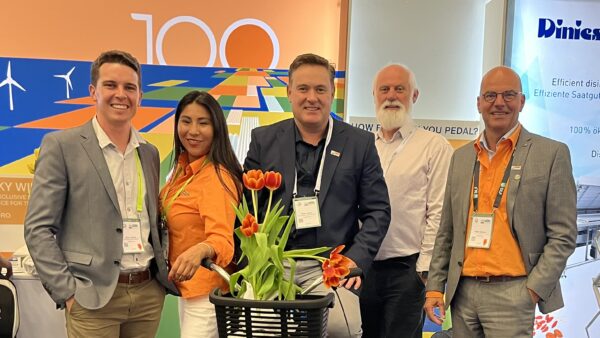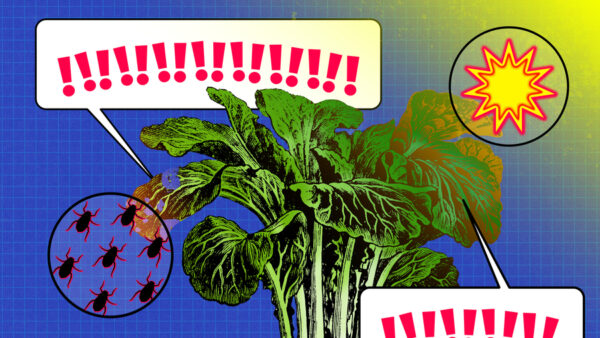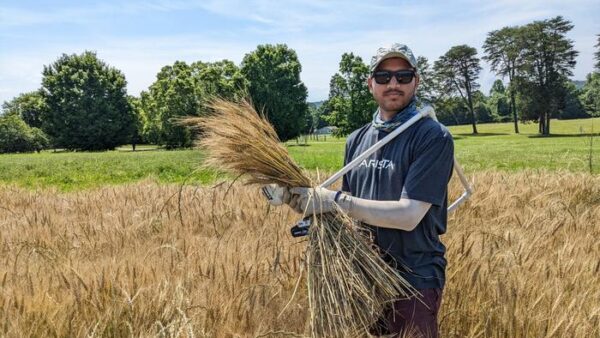Marcel Bruins, the editorial director for European Seed, sat down with Amelie Detterbeck (technical expert BRESOV at Euroseeds) & Teodoro Cardi (senior researcher at the Italian National Research Council) at the Euroseeds 2022 Congress to discuss the ins and outs of the BRESOV project.
“The BRESOV project is about breeding for resilient, efficient and sustainable organic vegetables,” explained Detterbeck. “The aim is to increase the competitiveness of these vegetables under low input conditions, and the project is focusing on the three most economically important crops in Europe, so tomatoes, beans and brassicas — mostly broccoli in this case. The project is a five-year project, funded under the Horizon 2020 Research and Innovation program.”
Detterbeck said in total, there are 22 partners involved in this multi-actor approach.
The breath of the project is organizing four work packages, with one about pre-breeding, the characterization of materials, says Cardi. The researchers are also aiming to understand the genetic capabilities of the traits involved in organic production.
“Then there is a breeding work package, aiming to produce new materials to improve their resilience,” said Cardi. “In addition, there is a work package involved in the seed production aspects, both for quantity and quality.”
The final package aims to recommend new varieties to farmers, with a multi-location approach to the testing of the varieties.
Why was it necessary to start this project?
“The European Union launched a quite ambitious program with the Green Deal and Farm to Fork strategy to transform the European agri-food system,” Detterbeck said. “So until 2030, the goal is to reach 25 per cent of land that is organically managed.”
Detterbeck said another goal is to significantly reduce pesticide fertilizer use. That, she said, is quite a challenge.
To hear more about the project, watch the interview above.











